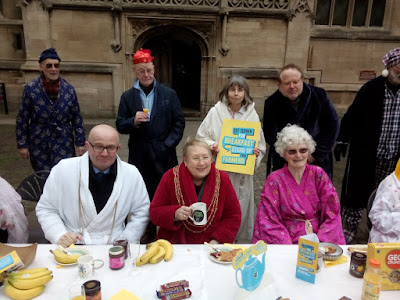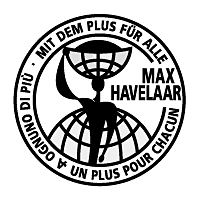This
post is the sixth in a series of weekly posts during Advent inspired by
"Holy Boy", a choral nativity which we performed in Acomb on
21st December.
On Christmas Day, I reflected on
the importance of joy as part of the Christian life, especially in the context of celebrating together as a whole community and sharing God's joy together. Jesus is born! Emmanuel - God is with us! Hallelujah!
But there is another side to the Christmas story which I want to reflect upon today, the day we remember the murder of the Holy Innocents. The choir that sang Holy Boy with songs of celebration also sang of a family pushed around by the Romans, forced to travel miles to their familial home town to be registered, and the children sang "Bethlehem is a Long Way", which includes the lyrics:
"Fools we are (to travel so far) but we can't stay. Please don't hinder us, we just obey, it's safer that way! We must go because that's what they say, and because what they say goes!"



